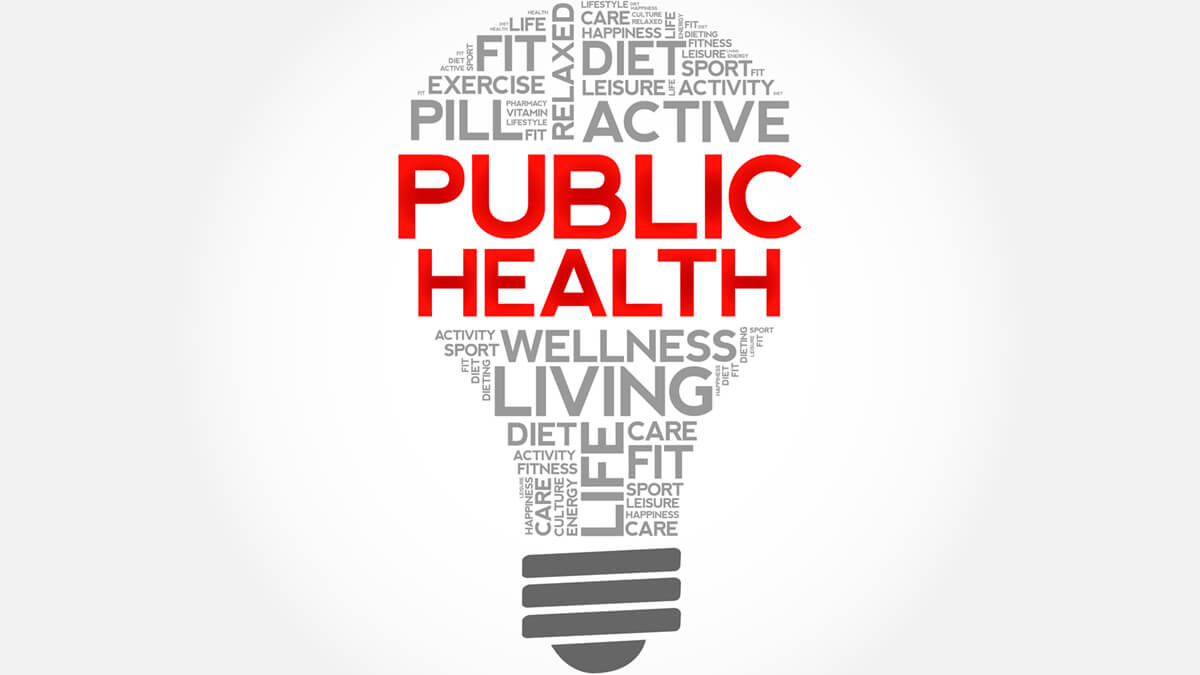Nursing and public health have always been interconnected. Nurses help with disease outbreaks, they work in underserved communities, they teach children and adults about healthy habits, and they are there whenever a disaster strikes.
Nurses make the world healthier. In the coming years and decades, the world will need even more nurses to help care for an ever-expanding population. In particular, we’ll need nurses who are also public health professionals, capable of understanding issues from both a medical and a public health planning and execution perspective.
Fortunately, a number of nursing schools now offer a Master of Science in Nursing (MSN) program with a public health nursing specialization. These specialized programs are helping turn nurses like you into public health nurses with the advanced knowledge and training needed to be a key part of public health programs on a local, national, or global level.
But before you make a significant difference with a public health career, you need to understand the basic history of public health and where it’s headed from here. Students in the Walden University MSN course Role of the Nurse—Public and Global Health study just that, reading parts of Public Health Nursing: Population-Centered Health Care in the Community, by Marcia Stanhope and Jeanette Lancaster. In chapter 46, Stanhope and Lancaster offer a great look at public health nursing’s history and its goals in the coming years. They write:
A person born today can expect to live 30 years longer than a person born in 1900. Medical care accounts for 5 years of that increase. Public health practice, resulting in changes in social policies, community actions, and individual and group behavior, is responsible for the additional 25 years of that increase.
Historically, public health nurses were valued by and important to society and functioned in an autonomous setting. They worked with populations and in settings that were not of interest to other health care disciplines or groups. Much public health service was delivered to the poor and to women and children, who did not have political power or voice.
During the course of the twentieth century, public health responsibilities expanded beyond communicable disease prevention, occupational health, and environmental health programs to include reproductive health, chronic disease prevention, and injury prevention activities. As a result of Medicaid-managed care, many public health agencies were no longer providing personal health care services. Public health agencies began to shift emphasis from a focus on primary health care services to focus on core public health activities such as investigation and control of diseases and injuries, community health assessment, community health planning, and involvement in environmental health activities.
As the twentieth century came to a close, developments in genetic engineering, the emergence of new communicable diseases, prevention of bioterrorism and violence, and the management and disposal of hazardous waste were emerging as additional public health issues. The Institute of Medicine identified the following seven priorities for public health in the twenty-first century:
- Understand and emphasize the broad determinants of health.
- Develop a policy focus on population health.
- Strengthen the public health infrastructure.
- Build partnerships.
- Develop systems of accountability.
- Emphasize evidence-based practice.
- Enhance communications.
How Can You Be a Part of Public Health Nursing’s Future?
One of the best ways to qualify for a public health nursing job and help the profession advance is to earn an MSN degree, particularly one that offers a public health nursing specialization. Through such a master’s in nursing program, you can gain the knowledge and skills you need to assume leadership roles in assessing communities and populations; identifying high-risk groups; and developing culturally sensitive, acceptable, and realistic population-based nursing interventions.
In Walden’s public health MSN program, you’ll study a breadth of topics and resources, of which Public Health Nursing: Population-Centered Health Care in the Community is just one possible resource. It’s an expansive education. But thanks to Walden’s online learning format, getting that education is more convenient that you might think. At Walden, you can complete your studies from home, on a schedule that allows you to continue working full time. Unlike campus-based MSN programs, online MSN programs allow you to take courses from anywhere you have internet access and give you the power to choose when in the day you attend class.
If you already hold a BSN degree, Walden’s Master of Science in Nursing degree program could be a good fit. Walden also offers a track for RNs with a hospital diploma, associate degree in nursing, or bachelor’s degree other than a Bachelor of Science in Nursing. That means you can go from RN to MSN without having to go back to undergraduate school first.
Earning a master’s in nursing online can help you launch a successful public health nursing career. It’s a great way to be part of a vital field.
Walden University is an accredited institution offering a Master of Science in Nursing (MSN) degree program with a Public Health Nursing specialization online. Expand your career options and earn your degree using a convenient, flexible learning platform that fits your busy life.
Walden University is accredited by The Higher Learning Commission, www.hlcommission.org.




